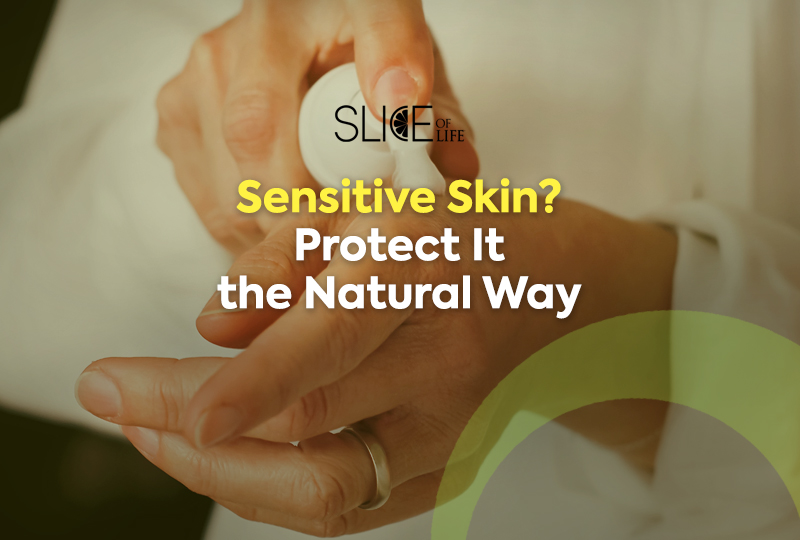Health is certainly much more than skin deep, but as skin in the largest organ of the human body, it benefits us to protect it naturally and safely. In the winter months, this can be of particular importance as the air can dry our skin out and the clothes we wear or products we use can prove irritating. Let’s bring it back to basics and see what works best for you.
There are lots of reasons why skin can be sensitive, such as dryness, eczema or dermatitis. This article will delve more into general irritants and remedies, so reach out to your primary care professional or a dermatologist for a more personalized assessment if needed.
Natural Tips to Keep Skin Healthy (Adapted from Mayo Clinic’s article, “Home Remedies: Skin tends to be driest in winter”)
· Use a natural moisturizer to keep water from escaping your skin, especially in cold or dry weather. Generally thicker moisturizers or lotions with no or limited fragrances will work best. Eucerin and Cetaphil are good examples of over-the-counter no frills moisturizers that you can try. For extreme cases of dry skin, some people also use small amounts of oil, such as baby oil, when their skin is already wet.
It’s recommended to apply moisturizers right after bathing. Gently pat skin dry with a towel so some moisture remains and assists with the application.
· When washing up, use warm water instead of hot and limit your time in the tub or shower. Longer time periods for cleaning up and with hot water will remove more oils from your skin. To prevent this, showers or baths should be kept between five to 10 minutes using warm water.
· Be careful about what soaps you use. Look for cleansing creams or gentle cleansers with added moisturizers, or mild bar soaps with added oils and fats. Trusted brands such as Eucerin and Cetaphil make cleansers that should complement their lotion options well. Fragrance and alcohol should be avoided in personal cleansers if you have sensitive skin.
· Deodorant is another hot button topic when it comes to sensitive skin. The New York Post recently published a list of best deodorants for sensitive skin that actually work well, according to dermatologists. Of the listed options, the Arm & Hammer Unscented Natural Deodorant looks most promising, as it is aluminum-free, unscented and utilizes natural ingredients like baking soda. But try some of these out and see what works.
· Wear rubber gloves when cleaning. Whether you are doing dishes or exposed to a cleaning chemical, wearing gloves will keep your hands and arms protected. Consider swapping out harsh chemical cleaners for more natural options such as vinegar and water, yet even natural cleaners can irritate skin so gloves are still recommended.
· A humidifier is your friend. When you or a constantly frigid roommate cranks the heat up in the winter, that hot, dry indoor air can parch your skin and even cause flaking and itching. Invest in a portable home humidifier. But please remember to keep it clean or it will breed bacteria and fungi.
· You might feel like a cozy marshmallow, but for the sake of your skin, cover as much skin as you can when out in cold weather. A scarf, hat and gloves are must-have accessories of the season. And in Georgia weather when you don’t quite know what will happen weather wise, you might want to keep extras in your car or backpack just in case.
· Be choosy with what fabrics you buy in clothes. Natural fibers like cotton and silk will let your skin breathe. Wool is also natural, but it can be abrasive so you may wish to take it out of your shopping cart.
· What are you washing your clothes with? Bare minimum you want to find a perfume free and dye free detergent. Clean People Fragrance Free is a wonderful plant-derived option you can try as well.
We hope these tips help put you on the path to healthy, happy and beautiful skin.
Slice of LIFE is an invitation to and extension of everything happening at Life University. Whether you are a current student, a potential freshman or a proud alum, Slice of LIFE can help keep you connected to your academic community. Know of a compelling Life U story to be shared, such as a riveting project, innovative group or something similar? Let us know by emailing Marketing@life.edu.


Social Media